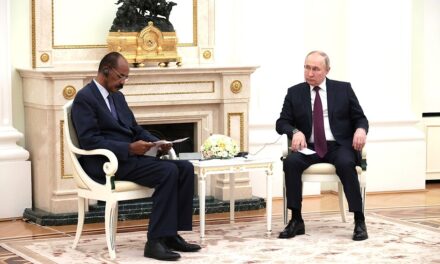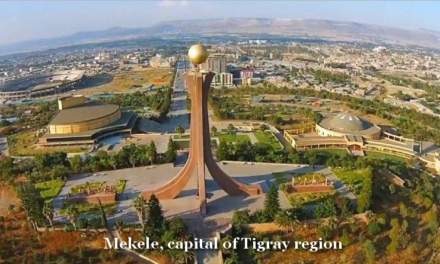Dejen Media (August 3) — In Ethiopia’s Amhara region, tension is mounting as federal security forces clash with a local militia called Fano prompting the deputy prime minister to deliver an unusually stern warning about the increasingly grave situation.
Since April, the second most populous region in Ethiopia has been plagued by instability. This is due to the federal government’s decision to disarm armed groups in the region including the regional special forces and Fano. The effort to disarm regional forces as part of post-conflict peacebuilding efforts after a devastating two-year conflict in the Tigray region has created a rift between federal forces and armed groups in the region. Federal forces have also taken steps to dismantle and disarm Fano, a paramilitary voluntary force drawn from peasant farmers. The group is now controlling towns and cities in Northern Eastern Amhara regions including the historic town of Lalibela and Debre Markos in Gojam.
During the previous Tigray conflict, both the Amhara regional force and Fano fought alongside federal forces. However, the federal government’s current bid to centralize its security powers has met resistance from Amharase. They are deeply suspicious of the intent of the federal government. They accuse the federal government of undermining security in their region, a claim firmly rejected by federal officials.
Responding to the intensifying crisis, Dr. Yilkal Kefyale, the President of the Amhara region, has also called on Fano militants to pursue peaceful resolutions to their demands. Expressing deep concern over the deteriorating situation, he warns that unchecked unrest will inevitably lead to more bloodshed and destruction. Despite federal forces’ ongoing efforts to quell lawlessness, Yilkal emphasizes that finding a peaceful resolution to the conflict is an urgent priority.
Deputy Prime Minister Demeke Mekonnen’s statement admits to unaddressed demands during the reform process. But he strongly emphasizes the need to pursue these demands through peaceful means. According to Demeke, the ongoing unrest provides both internal and external adversaries with opportunities to exploit Ethiopia’s vulnerabilities.
The situation in Ethiopia’s Amhara region remains highly volatile, with concerns about the potential for further violence and instability lingering. As the government continues its push to centralize security powers and address regional grievances, a peaceful resolution to the conflict is imperative to avert further escalation and safeguard the well-being of the Ethiopian people.







